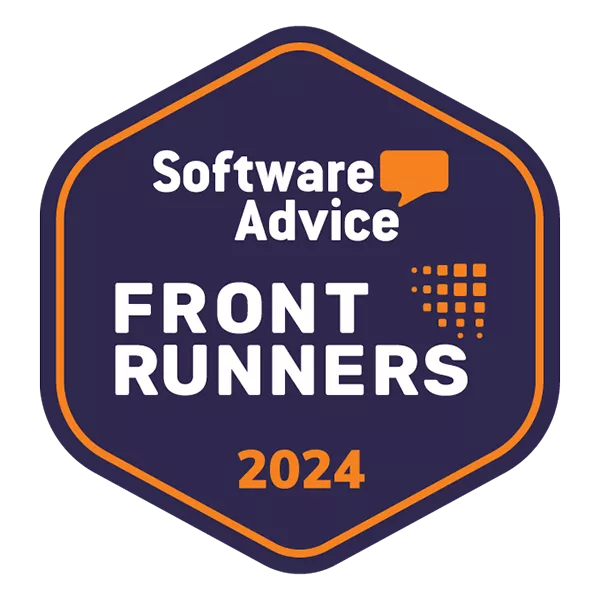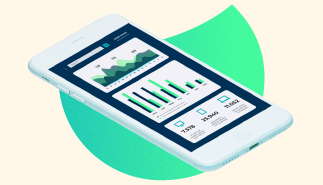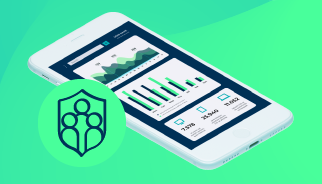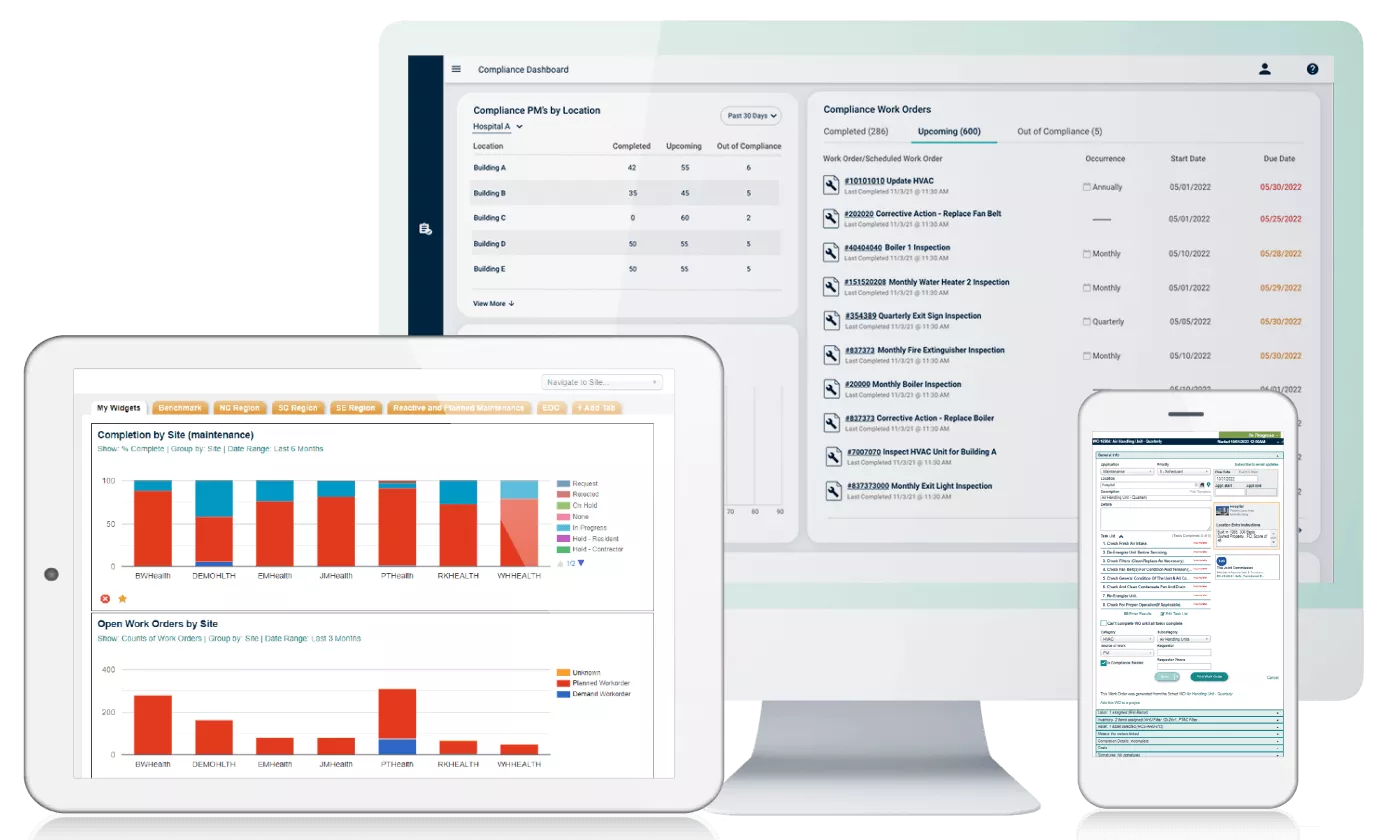
Elevate Your Operations
Brightly’s powerful EAM software helps customers with every aspect of maintenance and operations
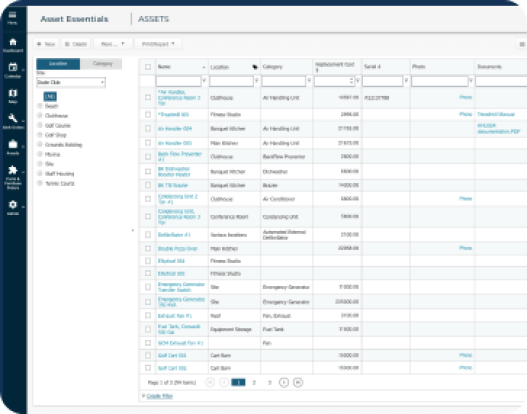
Equip your team with a CMMS to help you easily build your preventive maintenance program and get out of the reactive rut.
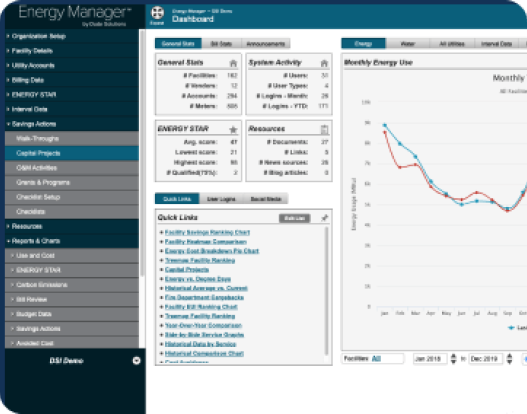
Empower building operators to easily measure and verify the savings of their energy projects while accounting for weather differences – all in accordance with IPMVP standards.
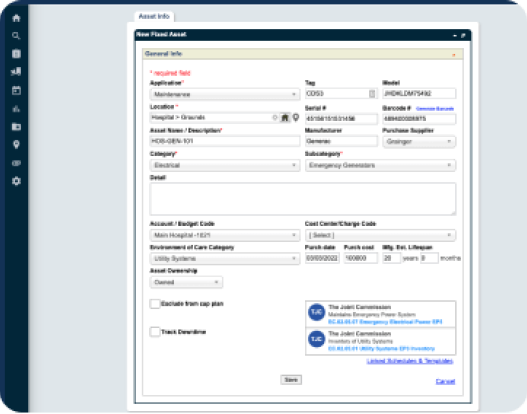
Help your healthcare team by streamlining everyday work that keeps these environments safe and ensuring your operations are compliant.
Brightly pairs its complete suite of user-friendly software—including CMMS, EAM, Strategic Asset Management, IoT Remote Monitoring, Sustainability and Community Engagement—with tailored consultancies and award-winning support services to light the way to a bright future where we can all thrive.
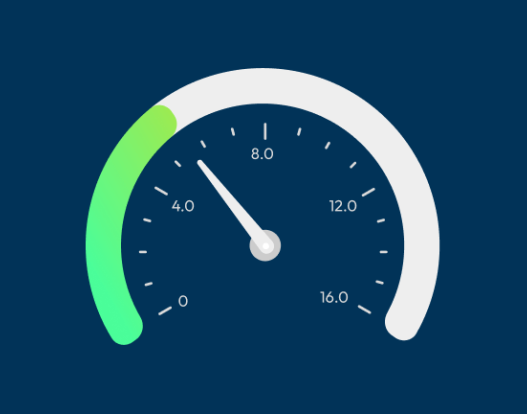
Next-generation enterprise work and asset management platform

Manage your energy and utilities
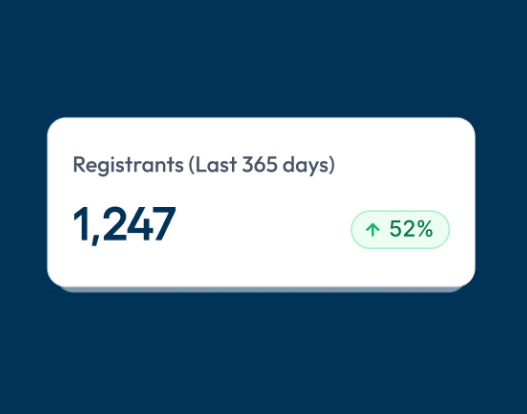
Scheduling, organizing, and event promotion made easy
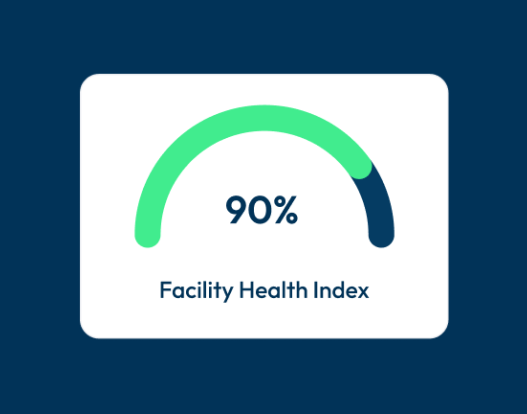
Leverage your CMMS data to provide real-time asset health updates
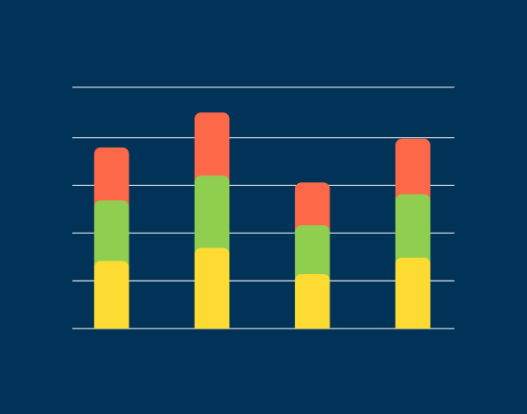
Make better investment decisions with full asset lifecycle prediction modeling
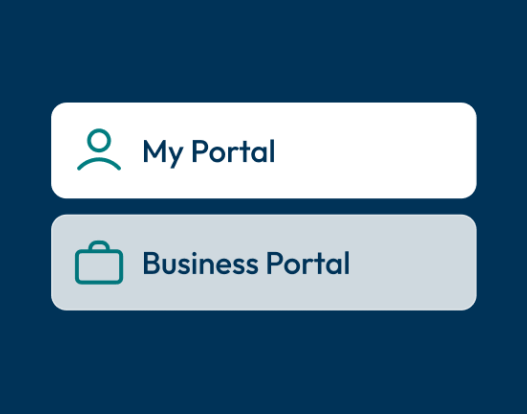
Drive revenue growth and easily manage permitting, licensing, code enforcement

Drive results against carbon reduction and sustainability goals across your entire portfolio
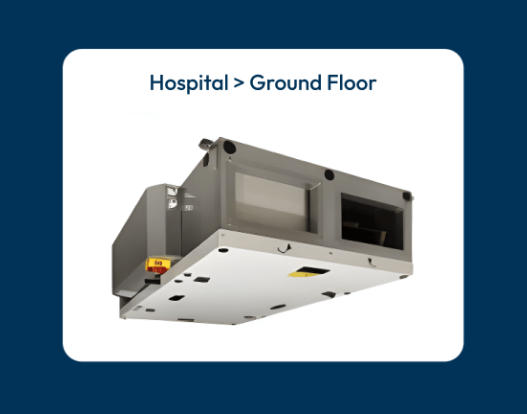
Connect, prioritize and optimize facility maintenance and operations tasks
Brightly's Suite: The Future of Asset Management
Maintenance & Operations
Enterprise Asset Management
Assess and make data-driven decisions on your collective assets with enterprise asset management

Strategy & Planning
Build short- and long-term operational and capital plans for strategic asset management (SAM)

Smart Automation
Sustainability & Energy
Reduce utility consumption and environmental footprint, cut costs and support ESG initiatives

Communities & Events
Engage your community, manage licenses and permits and streamline event management and facility rentals

Success stories
For over 20 years, Brightly has helped clients 12,000+ thrive in the midst of evolution - often leading the way through innovation.
“They are always coming out with new updates and integrating the feedback we give them. We consider them a partner and look forward to future successes together.”

Resources
The latest news, technologies, and resources from our team.
Want to uplevel your maintenance and operations?
Let us show you how our industry-leading CMMS can help!





